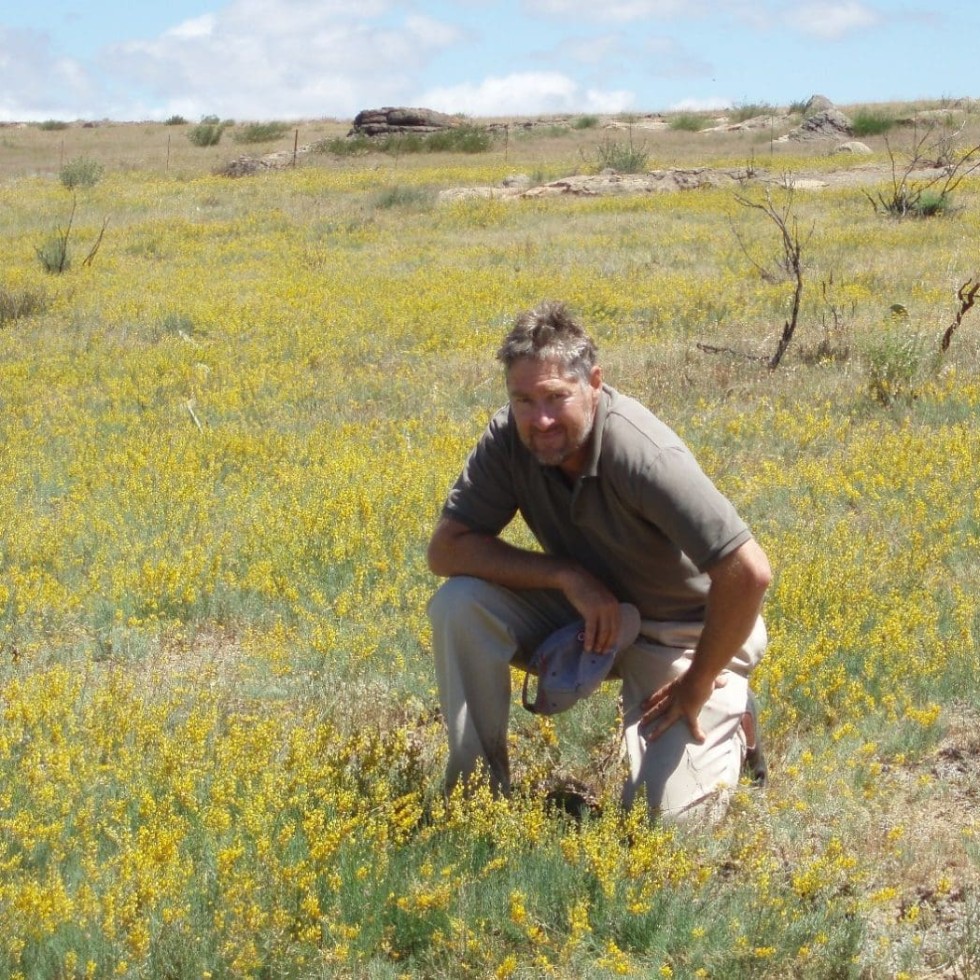 Alternative species of pasture legumes from southern Africa could help Australian producers fill traditional green feed gaps in autumn and late spring, a research conference has heard.
Alternative species of pasture legumes from southern Africa could help Australian producers fill traditional green feed gaps in autumn and late spring, a research conference has heard.
Director of Murdoch University’s Centre for Rhizobium Studies, Professor Graham O’Hara said the CRS was investigating African herbaceous perennial legumes such as Lebeckia, Lessertia and Lotononis for their suitability in Australian grazing systems.
“These species are showing promise in providing green feed for grazing over a longer period than traditional perennial legumes such as lucerne and white clover,” he told this week’s International Congress on Nitrogen Fixation.
Many Australian soils did not sustain traditional perennial legumes throughout the year because of stresses such as acidity, low clay content, low nutrient status and low rainfall.
Professor O’Hara said Australian researchers continued to introduce legumes from overseas, in a bid to find species better adapted to local soils. However, because Australian soils did naturally contain rhizobia which form effective nitrogen-fixing symbioses with these legumes, inoculation with introduced rhizobia was essential, he said.
Rhizobia are soil bacteria that fix nitrogen into the soil after becoming established inside the root nodules of legumes.
The legume introduction program at CRS is being run by Professor John Howieson as part of an African-based project funded by the Australian Centre for International Agricultural Research (ACIAR).
“During the past 15 years the CRS and the National Rhizobium Program have developed 15 strains of rhizobia for commercial production, and contributed to the development of new legumes which, together with their rhizobia, have been sown over five million hectares in Australia,” Professor Howieson said.
“In addition, new insights have been obtained into phenomena affecting the symbiotic relationship between legumes and rhizobia.”
- The International Conference on Nitrogen Fixation was supported by the Grains Research and Development Corporation, hosted by the Centre for Rhizobium Studies at Murdoch University, and supported by Curtin University and the WA Department of Agriculture and Food.
-
